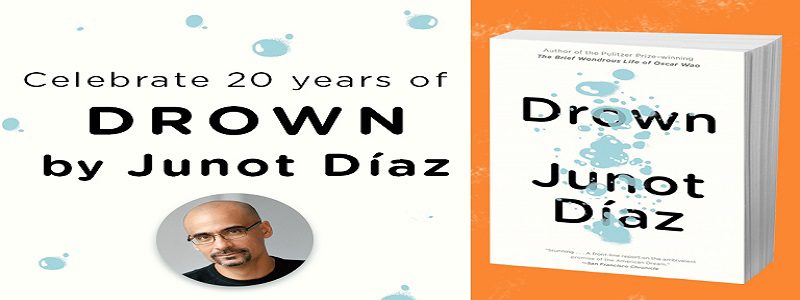In Praise of Disagreement
One thing that almost everyone can agree on is that there is too much disagreement in America today. The country is polarized and fractious on a whole range of issues, from Donald Trump to social media, trade policy to gender relations, cultural history to classroom curriculum. Sources of information, the status of authority, even facticity itself are subject to rancorous disputation, it seems. And the divisions over issues and identities are straining and tearing at the very social fabric and sense of shared American values that have kept this country from splitting apart through most of its diverse, dynamic 240+ year history.
Argument-Centered Education Joins NYC Academic Committee
Brooklyn LAB, which operates a small network of charter schools in New York City, has asked Les Lynn, founder and director of Argument-Centered Education, to join its new Academic Committee. The Committee is chaired by Corey Scholes, director of Education for the Ewing Marion Kauffman Foundation, where she advises the Foundation on strategic program initiatives and opportunities related to education. Other Committee members include Noah Heller, a lecturer at the Harvard University Graduate School of Education, and Kevin Heffel, Chief Academic Officer of RePublic Schools, a network of schools spanning through Tennessee and Mississippi.
Responding to and Refuting Conflicting Interpretations — Junot Diaz’s ‘Drown’ (Part 2)
This post — which focuses on a method of teaching students to respond to and sometimes refute literary interpretations that conflict with their own — is the second part of a two-part look at an argumentalized unit on Junot Diaz’s first collection of stories. Part 1, on teaching students to analyze passages closely through argument, can be found here.
Analyzing Literature Closely through Argument — Junot Diaz’s ‘Drown’ (Part 1)
We have worked with partner schools on units teaching Sandra Cisneros’ The House on Mango Street, for many years probably the most frequently assigned works of Latinx fiction in high school. This year, though, we have been fortunate to work with a partner school with an especially robust Latino-American Literature course, and through that course we have collaborated on argumentalizing some very accomplished, very engaging literature written by Latinx writers. One such work is Pulitzer Prize and McArthur Fellowship winning author Junot Diaz’s first collection of stories, Drown (1996).
Collaboratively Created Response and Refutation Builder
A teacher at one of our partner high schools, Williams College Prep (Chicago), assimilated some of the resources that we’ve been sharing with and suggesting to him, and from them created an especially useful variation of his own. AP Language and Composition teacher Thom Connor has been focusing a lot of instructional attention on teaching students to think through, articulate, and incorporate into their essays careful consideration of the counter-arguments to their argumentative positions. He’s been teaching various ways of responding to or refuting these counter-arguments, as well. And he designed a builder that adapts Argument-Centered Education versions into something that he feels comfortable with and that works especially well with his students.






